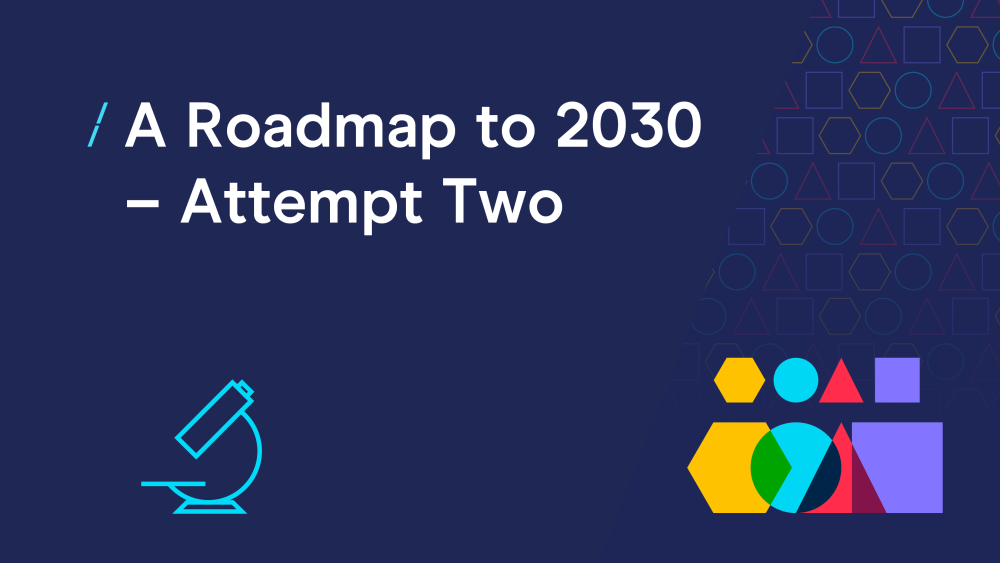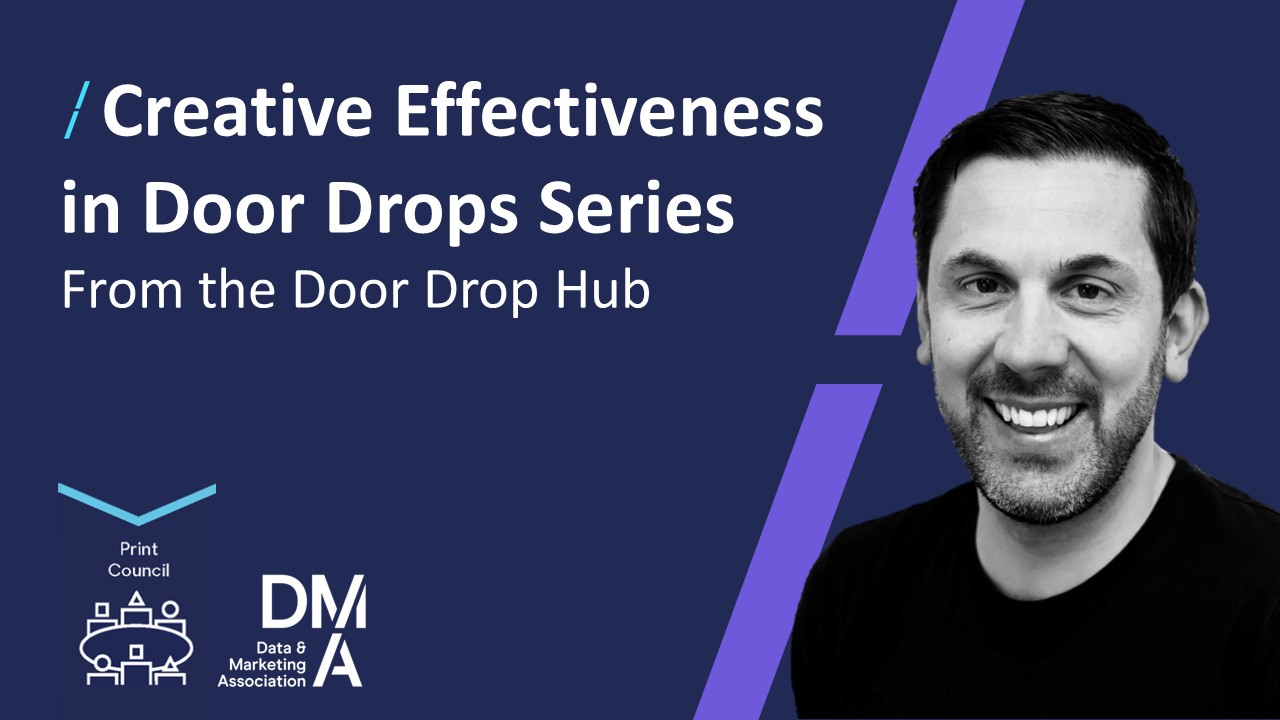A Roadmap to 2030 - Attempt Two
01 Apr 2021

What does the future look like? Now, more than ever, this question leads to many other question marks. Finding solid answers is a challenging task, but thanks to the support of data lovers and their analysis, new paths to recovery and growth are available.
Going back to a couple of years, many had already decided what 2030 was going to look like, but the global pandemic has quickly challenged these insights and trends.
Dentsu, in its latest report, went back to the data and updated its analysis to provide a new roadmap to 2030. Four main themes, each one underpinned by three key trends, came out from research based on in-depth interviews with a panel of 20 world-renowned futurists, academics, authors and experts, as well as multiple proprietary consumer surveys from over 20 countries and extensive secondary research and case study analysis.
Dentsu believes the insights of these four themes will help brands develop what they define as inclusive intelligence: “The ability to incorporate new views, values and behaviours into their value proposition against a backdrop of widening inequality and ethical complexity”.
In this article, we offer a little bite of what each trend tastes like.
1) Universal activism
Brands will need to look and talk to their customers as activists driven by a new range of influences and causes.
- TREND 1: Acclimatise now
For brands, inaction on climate change will be looked on like an act verging on criminal negligence. 66% of consumers think that a company’s reputation will depend on its action to address climate change and seven in ten people believe that, in 2030, brands will be fined or penalised with higher taxation if they fail to reduce their environmental impact. - TREND 2: A new data paradigm
More consumers will use personal data assistants to manage their relationships with brands who will find themselves engaging more with these assistants than the actual customers. The creation of a new global digital ethics council to ensure brands use their power responsibly is highly expected. - TREND 3: Kaleido-dentity
A third of consumers (29%) around the world already agree that advertising does not reflect society in terms of race and gender. By 2030, the concept of identity will provide consumers with new sources of belonging that brands will need to navigate carefully – such as attitudes towards sustainability, granular minority rights and urban dwelling. At the same time, AI will be of help by warning people, and brands, when they risk expressing a view that may trigger a negative reaction.
2) Bigger bolder brands
Now that consumers are more empowered and have the upper hand on their relationship with brands, the focus will shift to how those can help consumers more effectively across all aspects of their lifestyle.
- TREND 1: Rise of the Titan brands
By 2030, one-third of consumers (33%) would consider using a single company for all their lifestyle needs, like a lifestyle partner, and super-functionality will be a primary driver for brand loyalty. Competing with these Titan brands will also be harder given their access to huge amounts of customer data, requiring the other brands to form effective partnerships and alliances. - TREND 2: Every brand is a health brand
Every brand will need to become a health brand and they will be expected to help consumers enhance their well-being through the brand’s products and services. The home will become an increasingly important domain for the practice of self-care. - TREND 3: 5-Star citizens
By 2030, brands and governments will rate consumers/citizens across a whole range of factors, determining whether they can access exclusive or even public services. For brands, the reputation economy will be a game full of risks, requiring them to carefully navigate the acceptable boundaries of exclusivity and develop a new model of what a ‘good’ customer looks like.
3) Synthetic society
Synthetic enhancements and virtual experiences will improve our health as well as the way we express emotion and experience pleasure.
- TREND 1: Beyond human
By 2030, new technologies such as exoskeletons, genetic editing, smart drugs and brain-computer interfaces will give us the ability to upgrade our human capabilities. Already today, one-third of consumers would consider having a microchip put into their brain to improve physical senses, improve life expectancy and learn new skills. However, an even more marked difference will be visible between the lucky few who will be able to afford such enhancements and those who won’t. - TREND 2: Virtual sets the standard
Nearly half of consumers (48%) already report enjoying watching eSports as much as they do live events. By 2030, the interest in eSports and immersive gaming will force ‘real-world’ sports and activities to innovate, creating new arenas of potential sponsorship and partnerships for brands. - TREND 3: Tech togetherness
In the next decade, technological innovation will increasingly encourage human connection and togetherness and new forms of companionship and care will be normalised as the definition of wellbeing widens. For instance, one-third of consumers will consider allowing AI or robots to care for an elderly relative unsupervised.
4) The human dividend
From a full focus on digitising processes and business operations, the attention will shift towards those traits and capabilities that make us human, leading to a celebration of what makes us unique.
- TREND 1: What robots can’t do
By 2030, human skills such as creativity and compassion will be premium, especially for those brands that will be able to embody those traits. - TREND 2: Objective-free play
The majority of consumers (70%) agree the pandemic has increased their interest in the good life/more sustainable pastimes. Serendipity and surprise will be key elements in customers’ free time, which will allow brands to create seemingly spontaneous moments of discovery. - TREND 3: Emotion trumps objectivity
The development of AI-generated deepfakes on social media will further blur the line between fact and fiction, making it hard for anyone to identify the truth. As a result of this complexity, many consumers will increasingly go with their gut, prioritising emotional responses in decision-making. It’s key that brands will put their focus on transparency to substantiate any claim they make about their products or services.
To learn more about these 12 trends and Dentsu’s recommendations across each one of them, read the full report here.




Please login to comment.
Comments